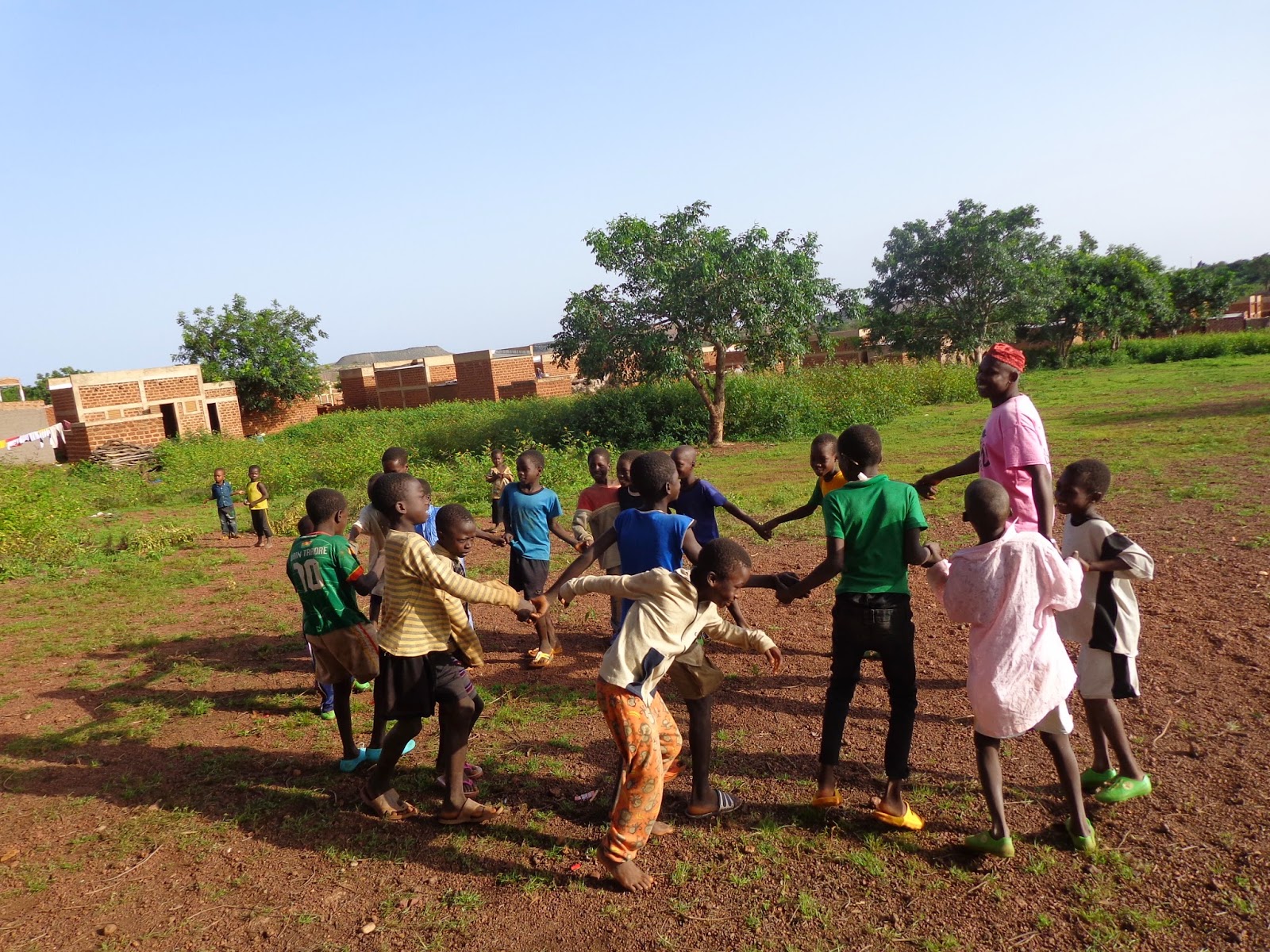Participating in a non-competitive environment where the elements of fun, joy and togetherness were the driving force of this summer program, 480 children from 12 communities had the opportunity to experience drama, dance, visual arts and music activities while being in a summer camp environment.
Cooperative games, dynamic choreography, visual arts projects, a community performance and a variety of songs generated a sense of unity, while at the same time focused on building the child’s creative vocabulary in all of these art forms.
Facilitated by 3 Painted Turtle teams this summer: (Bailey Davis and Damarise Ste. Marie, Sarina Condello and Rivers Wahl and then once again Sarina Condello and Bailey Davis) each group worked hand in hand with Right to Play and 14 community mentors to provide the most efficient and impactful program. Thousands of kilometers were driven across Ontario and Manitoba and many planes were taken to get up to more remote and Northern Communities so that children could participate in a camp that encouraged collaboration, confidence, community and creativity.
The Numbers
12 First Nations Communities
12 Community Mentors
3 Painted Turtle Teams
480 Children
The Communities
Duck Bay (July 6 - 8)
Sheguiandah First Nation (July 7 - 9)
Grassy Narrows (July 9 - 12)
Mississaugi First Nation (July 13-16)
Community Report—Eagle Lake (July 13- 15)
Pic Mobert First Nation (July 17-19)
Community Report—White Dog (July 15- 18)
Ginoogaming First Nation (July 21-23)
Cat Lake (July 20 -24)
North Caribou (July 26-29 )
Moosonee, (August 6 - 8)
Chippewas of the Thames (August 12-15 )
The Community Mentors
Cynthia Genaille, Lindsay Campbell, Aaron Bowerman, Crystal Swain, Robert Lagace, Kelly Derosier, Thurston Kwissiwa, Judy Fobister, Erin Gagnon, Joyce Peters, Gen Beardy, Candice Klingenberg, Wyatt Kechego
103 Children surveyed “ What I liked about Painted Turtle was the...”
Free Play
Dancing
Playing games
All the program
Drama
Painting
Building
I liked EVERYTHING!
The big show
Music
Colouring
Making lanterns
Creativity Challenges
98 % of all children want PTAC to return to their communities!
Community Mentor Feedback: “ What would you like to tell us?”
We would love for you stay longer!
The youth are willing to do more than I thought!
The program was artsy, uplifting, gave new perspectives.
The program was nurturing, inspiring and positive!
You got everybody involved.
To see our youth engaged, participating is powerful.
Your passion for your project rubbed off on us!
Your program was great and well structured!
I love this program; it works!
The visual arts program allowed youth engage in unseen skills.
Your program was awesome, inspiring, and phenomenal!
I just can’t wait until next year!
An awesome summer program.
“How can we improve our program?”
I would set up this program during community days and our Pow Wow.
If I had more information ahead of time I could have prepared better.
I did not know what to expect.
We need to get waiver forms that are clear.
As we traveled through each community it became quite clear that a 5 day placement would be more effective than a 3 day one. Below are suggestions for next year provided by PTAC Facilitators and Community Mentors.
- 12-16 communities in 2016 with 3 PTAC teams in place in Ontario
- 3 communities with 1 PTAC team in British Columbia
- 2 communities with 1 PTAC team in Manitoba
- Waiver and Registration forms re-designed
- Training session for PTAC facilitators - 3 days of arts based curriculum
- Each PTAC team will have 2 facilitators
- PTAC signage for each camp
- Shipment of costumes to each community
- Increase drive in communities; much more cost effective
- Create a director role during the summer
- Ambulance course for main Art Educators
And finally it is of utmost importance to remember the benefits of bringing an arts based program into these communities. Without the philosophical scaffolding of understanding why we do what we do, our program design will fall short in reaching the needs of these children.
Benefits of an Arts Based Program
- Children learn to problem solve in a creative way
- Children learn the skill of observing and interpreting through art
- Children learn to express without conversation or words
- Children learn that that there are many ways to explore a point of view
- Children collaborate with others; adults and children alike
- Children observe and experience music and art from around the world
- Children experience progress at something/arts build confidence.
- Arts build community
Much thanks and gratitude goes out to all of our donors, Bedford Park, Summerhill and Riverdale Players, Right to Play, the fabulous team of Community Mentors, the PTAC team, and to the 420 beautiful children we met and created with along the way!


























































